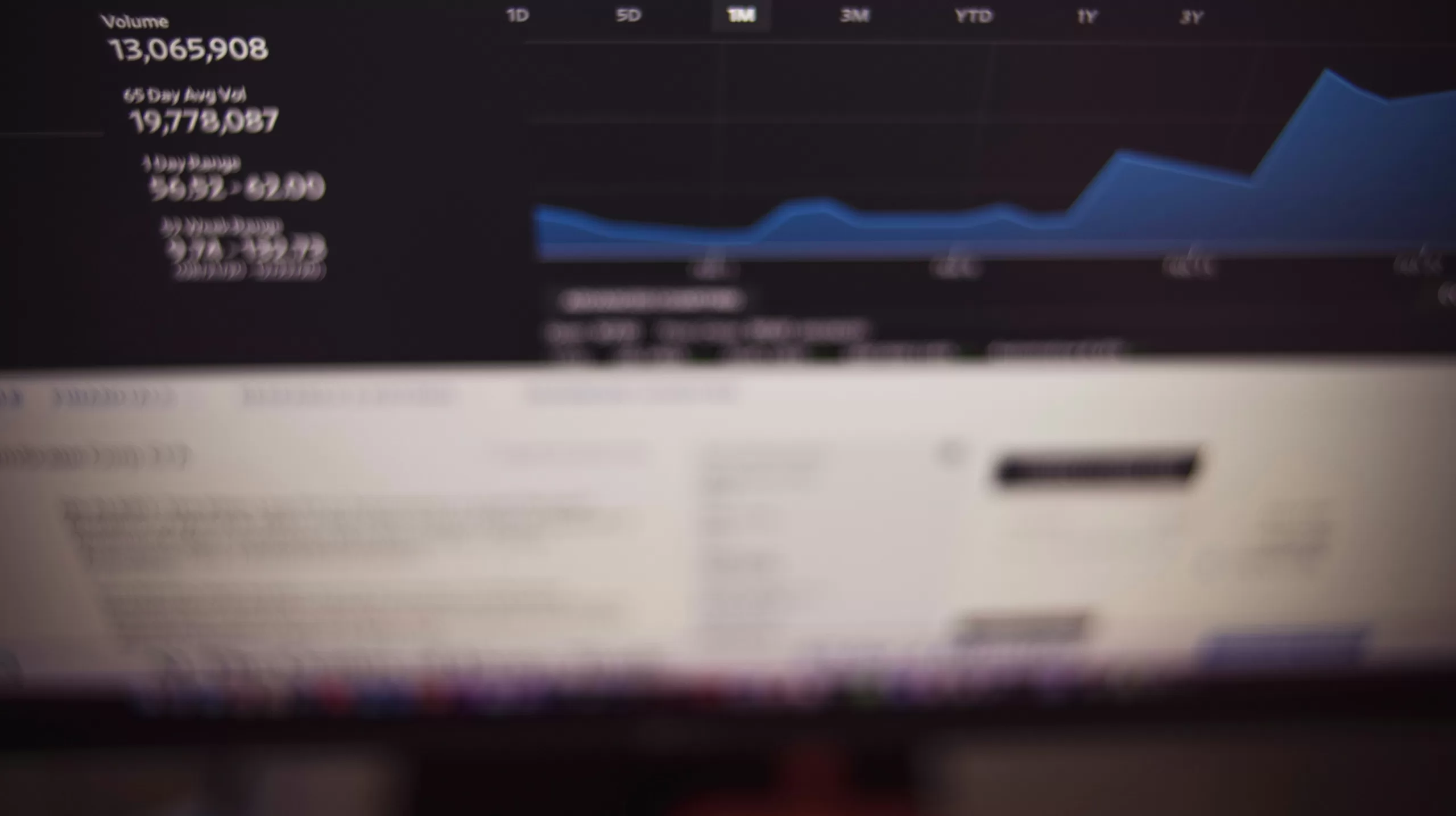In the world of forex trading, experience is often the best teacher.
Seasoned traders understand that success in the foreign exchange market requires more than a basic understanding of the fundamentals.
It demands a nuanced approach, a keen sense of market dynamics, and the ability to adapt to ever-changing conditions.
This article aims to provide advanced forex trading tips for those who have already navigated the foundational principles.
These insights are geared towards helping experienced traders refine their strategies, mitigate risks, and potentially enhance their performance in the challenging world of forex.

Mastering technical analysis
Technical analysis remains a cornerstone of successful forex trading, but experienced traders know there’s always more to learn.
Experienced traders often delve deeper into Fibonacci retracement and extension levels.
Understanding these ratios can offer invaluable insights into potential support and resistance zones.
By identifying key retracement levels, traders can make more informed decisions about entry and exit points.
Moreover, extension levels can guide potential profit targets, allowing for a more structured and disciplined approach to trading.
Seasoned traders go beyond the basics of moving averages and RSI.
They explore lesser-known indicators like the Ichimoku Cloud, Bollinger Bands, and Stochastic Oscillator.
These tools offer a more comprehensive view of market trends, volatility, and potential reversals.
By incorporating a diverse range of indicators, traders can gain a more nuanced understanding of price action and make more informed trading decisions.
Utilising advanced risk management strategies
Experienced traders recognize that effective risk management is crucial for long-term success in FX trading.
While essential risk management emphasises setting stop-loss levels, advanced traders take it further by carefully determining position sizes.
They also pay close attention to leverage, understanding that while it can amplify profits, it can equally magnify losses.
By striking a delicate balance between position size and power, experienced traders aim to protect their capital while still capitalising on potential opportunities.
Experienced traders are well-versed in the importance of hedging and diversification.
They use various hedging techniques, such as options or correlated asset trading, to mitigate potential losses.
They also diversify their portfolios across different currency pairs and asset classes, reducing their exposure to the risks associated with a single currency or market.
This comprehensive approach to risk management helps experienced traders navigate volatile market conditions more effectively.
Incorporating fundamental analysis
While technical analysis is vital, advanced traders understand that a well-rounded approach includes a deep dive into fundamental factors.
Experienced traders pay meticulous attention to economic calendar events, not just significant releases like GDP or employment reports but also secondary indicators like consumer sentiment and manufacturing PMIs.
They understand how these events can impact currency movements and use this knowledge to fine-tune their trading strategies.
By staying ahead of the economic calendar, advanced traders can react swiftly to market shifts.
Advanced traders go beyond economic indicators to study geopolitical events and central bank policies.
They closely monitor geopolitical tensions, trade negotiations, and policy decisions that can significantly influence currency values.
By understanding the broader geopolitical landscape, experienced traders are better equipped to anticipate and adapt to significant market movements.
Embracing algorithmic trading
Experienced traders recognize the potential benefits of incorporating algorithmic trading strategies into their repertoire.
Seasoned traders understand the value of automated trading systems, which can execute trades based on predefined criteria without human intervention.
These systems can help remove emotion from trading, ensuring decisions are based on logic and data rather than gut feelings.
Automated trading can allow for quicker execution of trades, particularly in fast-moving markets, giving experienced traders a competitive edge.
Advanced traders invest time in thorough backtesting and optimization of their trading algorithms.
This involves running historical data through their automated systems to assess performance under various market conditions.
By identifying strengths and weaknesses, traders can fine-tune their algorithms to improve overall effectiveness.
This rigorous process helps experienced traders ensure that their automated strategies are robust and reliable before deploying them in live trading environments.
With that said
In the complex world of forex trading, experience is a valuable asset, but more is needed.
Seasoned traders must continuously seek to refine their strategies and adapt to evolving market conditions.
By mastering advanced technical analysis, implementing sophisticated risk management techniques, and incorporating a well-rounded approach to fundamental analysis, experienced traders can navigate the intricacies of the forex market with a more informed and nuanced perspective.
However, it’s essential to remember that success in forex trading is never guaranteed, and even the most experienced traders must approach the market with caution and humility.